Contents
While the NFT market has opened up new opportunities for artists and creators to monetize their work, it has created an opportunity for scammers to exploit and steal crypto and JPEGs from unwitting victims.
In this guide you will discover a list of the most common NFT scams and how to avoid them.
Common NFT Scams to Avoid
Let's take a look at the scams that have managed to steal millions of dollars from collectors since the NFT market was born.
Phishing scams
To purchase an Ethereum (ETH) based NFT, you need to have a cryptocurrency wallet that supports the protocol ERC-721 standard. MetaMask it is probably the most popular wallet for NFT creators and collectors.
However, MetaMask wallets have been (and still are) targeted by phishing scams involving fake ads, apps and websites asking wallet users for their private keys or recovery phrases. The bad guys then use the information to empty the cryptocurrency wallet of all its assets.
You can avoid this scam by remembering that the recovery phrase is only for backing up or recovering your wallet. Never share the recovery phase or private key with anyone.
NFT airdrop scams
Scammers create malicious NFT project websites that promise free NFT giveaways. While some NFT freebies are genuine, a large number of them are scam.
The idea behind this scam is to have your cryptocurrency wallet linked so that you can use a malicious code to steal your cryptocurrency assets from your wallet once linked.
You can avoid this situation by checking the NFT trading platform or project on social media or avoiding NFT airdrops altogether (unless they are held by reputable platforms).
Pump and dump schemes
NFT scammers use pump and dump schemes to artificially raise the price of their NFT collection to make money. They do this by making several offers over a short period of time to create excitement around the downside of the NFT. Once prices have risen to a certain level, the scammers cash in and leave the shoppers clueless with NFTs they paid a lot more for.
You can avoid this scam by examining the transaction history and wallet records of the NFT collection you are interested in. You can view the number of transactions and buyers for the NFT collection on NFT marketplaces such as OpenSea. Additionally, Etherscan allows you to view the history of transactions on the Ethereum blockchain.
Offer scams
Bid scams typically occur in the secondary market when trying to resell your NFT to the highest bidder. Once you enter your NFT and an interested buyer makes the highest bid, scammers can change the cryptocurrency used without notifying the user. This way, you end up receiving 10 USD instead of the agreed 10 ETH.
You can avoid this scam by checking the transaction currency before starting the transactions.
Counterfeit NFTs
Coining a work of art as an NFT does not mean owning the original or having an intellectual property (IP) on it.
On a platform like OpenSea, you can turn any image into an NFT, regardless of whether you own the rights or not. Scammers trick users into thinking they are buying a legitimate NFT by plagiarizing NFTs from some other user's work and proceed to auction the counterfeit on an NFT marketplace. The buyer ends up buying a counterfeit artwork, which becomes worthless once the scam is exposed by the community.
You can avoid this scenario by making sure that every NFT purchased on a marketplace comes from a verified account. You can also contact the artist via social media channels to confirm ownership of the NFT.
Forgery of customer service
Scammers infiltrate the social channels of NFT projects like Telegram and Discord and pretend to be customer support. Their goal is to get their hands on the private keys of users' wallets so that they can steal the assets contained in the wallet.
To avoid this scam, make sure you access a specific Telegram channel or Discord server only through the NFT creator's official page or site.
Also, do not interact with strangers on the Internet who claim to be from the customer support of an NFT project or company. Real customer support will interact with you through trusted channels only after you have reached out to them for help.
Similarly to customer service impersonation scams, cybercriminals also love to create fake NFT project social media accounts with the intent of logging social media users into a fake NFT project website or marketplace to gain access. accessing their victims' wallets by connecting them to a malicious smart contract.
Unfortunately, scammers are as common in the NFT market as in the broader cryptocurrency ecosystem. Therefore, it is imperative to stick to basic cybersecurity best practices, such as double-checking every site, app or platform you use to make sure it's legitimate and avoid interacting with anonymous individuals who offer you something for free on social media channels. .


